Uncategorized
-
 Genetics
GeneticsWhat genetic tests from 23andMe, Veritas and Genos really told me about my health
A Science News reporter tried out three consumer genetic testing companies to see what people really learn about their health.
-
 Health & Medicine
Health & MedicineBlack children commit suicide at twice the rate of white kids
The suicide rates for young black kids are higher than those of their white counterparts, a pattern that flips in older kids, researchers find.
-
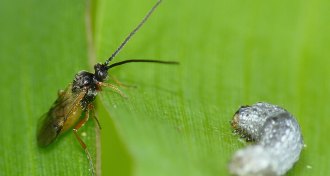 Animals
AnimalsA caterpillar outwits corn defenses by gorging on fattening ‘junk’ food
The crop plants defend themselves with zombie-maker wasps, but one pest has a desperate work-around.
By Susan Milius -
 Psychology
PsychologyGun owner or not, Americans agree on many ways to limit gun violence
A new survey suggests that gun owners support many potential gun-control policies — now research on their efficacy needs to catch up.
-
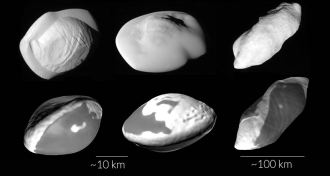 Planetary Science
Planetary ScienceSatellite smashups could have given birth to Saturn’s odd moons
Nearly head-on collisions between icy moonlets might be responsible for the peculiar shapes of some of Saturn’s moons, computer simulations suggest.
-
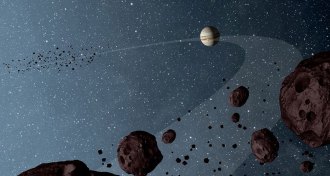 Astronomy
AstronomyMaverick asteroid might be an immigrant from outside the solar system
A space rock’s backward orbit could be a hint of unusual origins.
-
 Health & Medicine
Health & MedicineWhat we know about the Ebola outbreak, and the vaccine that might help
Even as an experimental vaccine arrives in Congo to contain the virus, there are worrisome signs Ebola has spread to a city.
-
 Health & Medicine
Health & MedicineThe CDC advises: Don’t swallow the water in a hotel swimming pool
In a 15-year period, hotel swimming pools and water parks had the highest number of swimming-related disease outbreaks in the United States.
By Kyle Plantz -
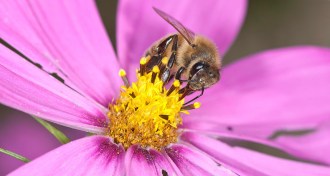 Earth
EarthKeeping global warming to 1.5 degrees C helps most species hold their ground
Holding global warming to 1.5 degrees Celsius by 2100 could help protect tens of thousands of insect, plant and vertebrate species.
-
 Anthropology
AnthropologyAncient Chinese farmers sowed literal seeds of change in Southeast Asia
Two waves of ancient migration from China to Southeast Asia spread farming and languages.
By Bruce Bower -
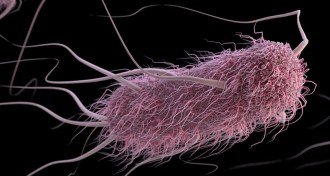 Life
LifeYour blood type might make you more likely to get traveler’s diarrhea
People with type A blood are more likely to develop severe diarrhea from E. coli infections.
-
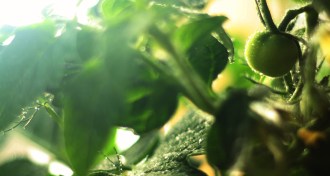 Agriculture
AgricultureNanoparticles could help rescue malnourished crops
Nanoparticles normally used to fight cancer could also be used to treat malnourished crops.